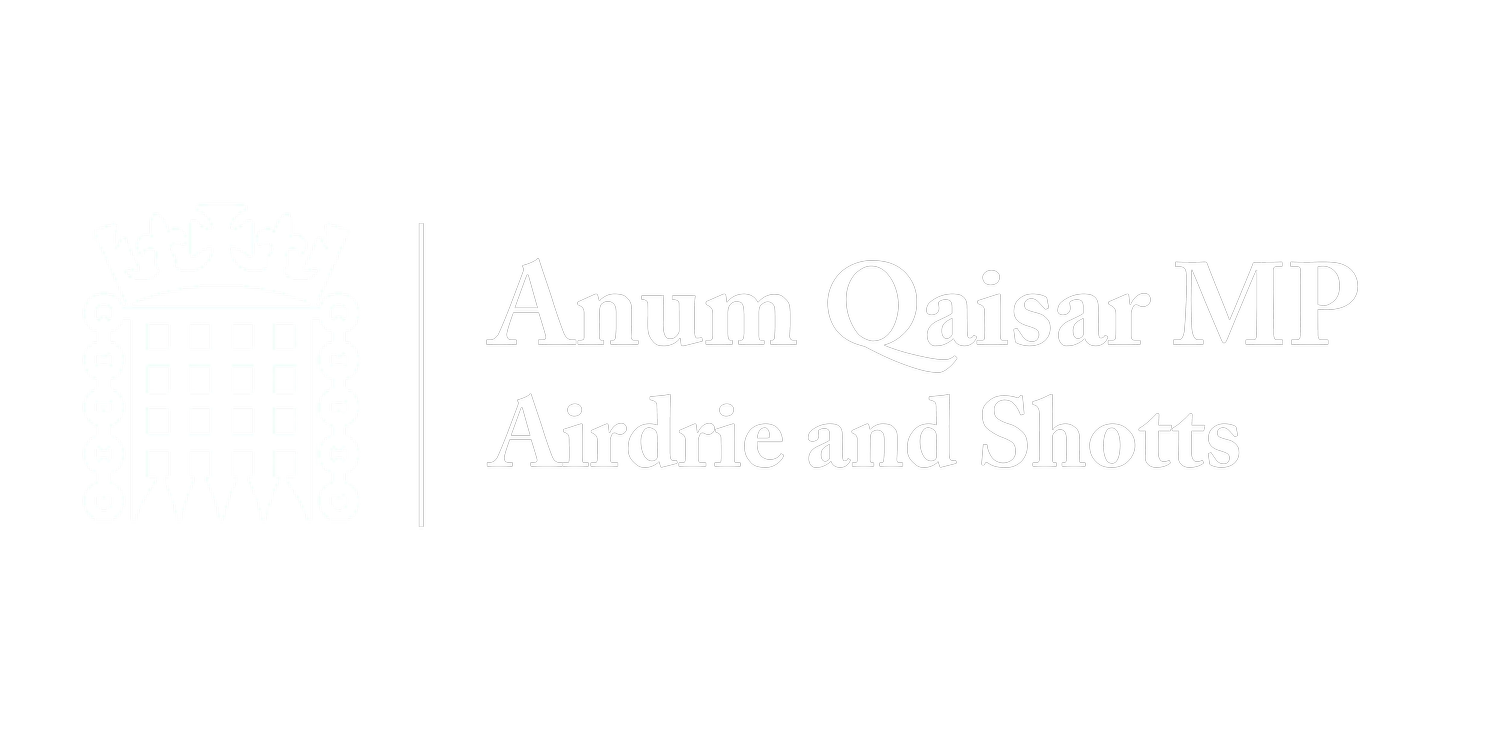We’re Working for You
FAQs
-
A Member of Parliament (MP) in the United Kingdom plays a crucial role as a representative of their constituents in the House of Commons. Elected through a democratic process, an MP is tasked with voicing the concerns, needs, and aspirations of the people from their designated constituency. This role involves actively participating in parliamentary debates, scrutinising legislation, and voting on proposed laws. MPs also engage in constituency work, addressing individual grievances, organising community events, and liaising with local authorities to ensure the effective representation of their constituents' interests.
-
A Member of the Scottish Parliament (MSP) plays a vital role in the Scottish political landscape, representing the interests of the constituents within their designated electoral region or constituency. Elected through a proportional representation system, MSPs actively engage in parliamentary debates, contribute to the development and scrutiny of legislation, and participate in committee work that addresses specific policy areas. The unique devolved powers of the Scottish Parliament grant MSPs authority over matters such as education, health, and justice. Additionally, MSPs have a responsibility to connect with their constituents, listening to their concerns, and working to address local issues through parliamentary channels.
-
A local Councillor in Scotland serves as a vital link between the community and the local government, representing the interests and concerns of residents within a specific electoral area or ward. Elected Councillors actively engage with their constituents, listening to their needs and advocating for local priorities during council meetings. Through their multifaceted responsibilities, local councillors play a key role in shaping the policies and services that impact the wellbeing and development of their communities in Scotland.
-
An MP's surgery is a scheduled session where Members of Parliament meet with constituents to address individual concerns and offer assistance. These sessions provide a direct and personal platform for constituents to discuss problems, seek guidance, or advocate for specific causes. MPs use surgeries to better understand the needs of their community and to establish a direct line of communication with those they represent.








